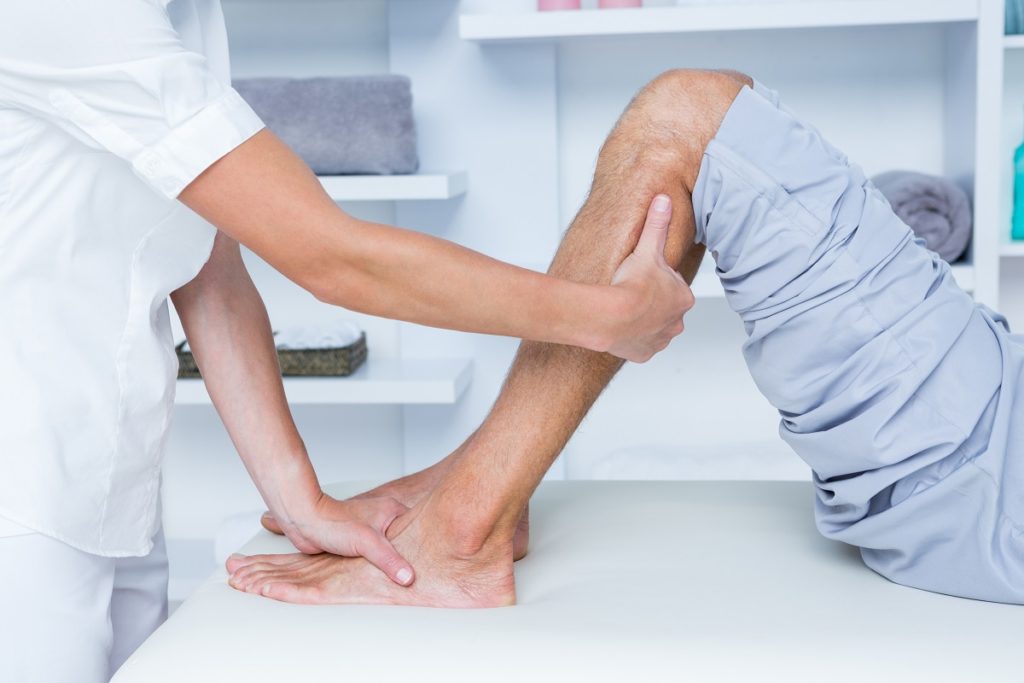Moving on after suffering a debilitating injury is challenging, especially when it saddles you with some form of disability. It’s easy to get hung up on your loss and how good you had it before tragedy struck.
Luckily, committing to a strict therapy routine can help you make a full recovery. All you need is to focus on your goal. In cases of permanent disability, working with a qualified occupational therapist can help you adapt and lead a relatively healthy life. You can even acquire most of the necessary occupational therapy equipment online, and you’re off to a flying start.
Check your thought process
Acceptance is such a bitter pill to swallow after a tragic event in your life, but it’s the only way you can move on. You must shun the negative thoughts that are creeping into your mind. Embracing a victim mentality after such an incident only hinders your progress.
Entertaining negative thoughts only keep you enslaved to the past and offers no tangible value to your life, and to your future. While it’s okay to mourn your loss, it’s not okay to wallow forever. Reconciling with your current status might border on a herculean effort, but the results are worth every struggle.
Rethink and readjust your life
The internet is overrunning with stories of people making a miraculous recovery after debilitating injuries. Treat such stories with a healthy bit of scepticism since they often don’t tell the whole story. Some of them are downright misleading and can lead you to exacerbate your injuries.
Don’t be so quick to buy into some internet hype that you ignore all the recommendations from your therapist. If your therapist recommends to lay off a specific activity, it would be best to comply. Let’s say you were in a slip and fall accident and you pulled a disc. Engaging in physically taxing activities only serves to aggravate the injuries.
In case of a permanent injury, patients often have their lives turned upside down. It entails a complete lifestyle change to accommodate their needs. Fight the thought of giving up your favourite activities such as walking and swimming if it came to that. You can always pick up other interests that best suit your current predicament. In fact, a lot of disabled individuals still do what they do after an accident.
Reach out to friends and families

The mind takes a long time to mend after the body is broken. In most cases, the trauma stays in your mind long after the body has healed and recovered from the injury. Remember that it’s okay to lean on your friend and family for moral and emotional support.
Being open about your feelings and frustrations is better than keeping them bottled up inside, as that can lead you down a slippery slope. Keeping family and friends around means that you don’t slip into depression or drug abuse. It also helps to reinforce the positive attitude you need to steam forward.
Suffering from a debilitating injury shouldn’t cause you to give up all hope of leading a relatively happy life. With the right kind of assistance, the correct mindset, and a dose of good old positive energy, you can overcome just about any tragedy that befalls you.

